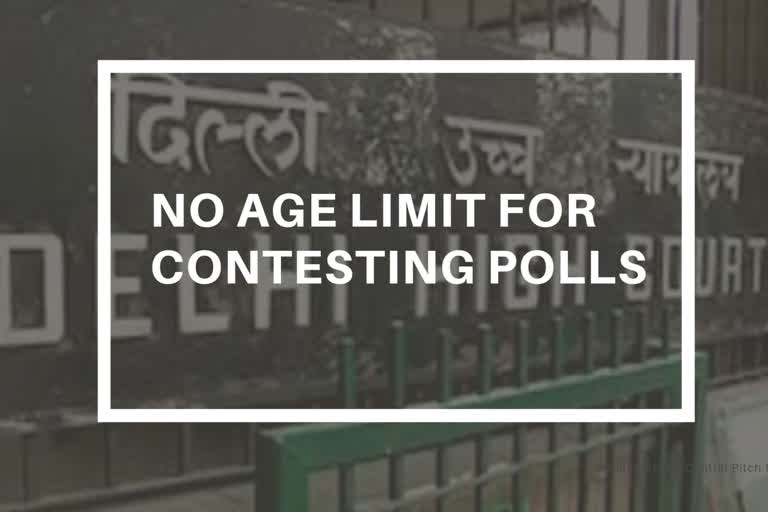New Delhi: Wisdom may not come with graduation and age has no connection with enthusiasm, the Delhi High Court said Wednesday while dismissing a PIL seeking laying down of minimum educational qualification and maximum age limit to contest Parliamentary and Assembly elections.
A bench of Chief Justice D N Patel and Justice C Hari Shankar said: "It ought to be kept in mind that all those graduates may not be wise as those who have not even cleared 10th standard."
"Graduation or no graduation, what is required is wisdom of a person. Wisdom may come or may not come with graduation. Some persons are young at advanced age and some are older at young age. All depends on vibrancy and enthusiastic approach. Age has no connection with enthusiasm."
The court said Parliament "has the discretion" to decide whether to prescribe a minimum educational qualification or a maximum age limit to contest elections and "we see no justifiable reason to give any direction to the government to prescribe maximum age limit and minimum educational qualification".
The bench said it was also not inclined to exercise its powers to direct the Law Commission to give a report on the need for minimum educational qualification and maximum age limit to contest elections, as there are already several reports on poll reforms.
The observations by the bench came while dismissing the plea by BJP leader Ashwini Kumar Upadhyay, also a lawyer, who had sought amending of the Representation of the People Act (RPA) to include minimum educational qualification of graduation and maximum age limit of 75 years for contesting Parliamentary and state assembly elections.
Upadhyay, during the brief hearing on Wednesday, argued before the bench that there was a vacuum in the RPA with regard to minimum educational qualification and maximum age limit for contesting elections and therefore, directions be issued to the poll panel, ECI to give recognition and symbols to those parties which adhere to such norms.
"If the person, who is going to make laws and amend the Constitution, is not educated enough to understand the pros and cons of the laws and rules or unable to understand the ways to develop our country, then it would be disastrous," he argued in court, adding that "education is key to success" and the country cannot be represented by a legislator who is illiterate.
He further contended that when there is minimum educational qualification for any job in the country, why not for legislators.
After hearing Upadhyay, the bench said it was "not inclined" to give any such direction to the government as the "main and primary work of courts was to interpret the law" and only in exceptional and rare cases where the law is silent, the judiciary might fill the gap by drafting law for a temporary period till law is actually amended.
"For the aforesaid facts and reasons, we see no reason to entertain the writ petition and its dismissed," the court said.
Read: Tis Hazari Court clash: Delhi HC orders judicial probe



